The truth can be humorously twisted by history. Stories become inflated over time, facts become confused, and all of a sudden we are all living with false beliefs. So let us correct the record! Some of the most well-known myths from history, along with the true stories that go with them, are listed here.
1. People in the Middle Ages thought the Earth Was Flat
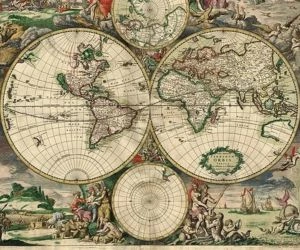
Surprise! People back then weren’t clueless. Scholars had already figured out the Earth was round as early as 500 BC.Or did Columbus want to prove that it isn’t a total myth? In actuality, educated people in the Middle Ages already knew the Earth was a sphere, but this misconception gained popularity because of a book published in 1828.
2. Albert Einstein Was Bad at Math
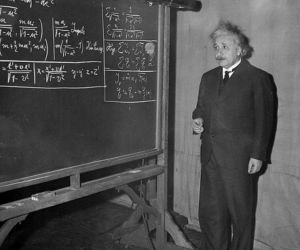
Let’s be real. Does it make sense that one of the greatest scientific minds of all time struggled with math? Not at all. Einstein was actually a math whiz from a young age. The myth probably started from a misunderstanding of his school’s grading system. While it is understandable that he had trouble with subjects he did not find interesting, math? That was his thing!
3. Early Men Lived in Caves

The word “cavemen” gives the impression that our ancestors lived exclusively in shadowy caverns, but this is untrue. Early humans were nomadic and constructed makeshift shelters outdoors, even though caves helped preserve artefacts. They only used caves occasionally, not as permanent homes.
4. Ancient Greek and Roman Statues Were White
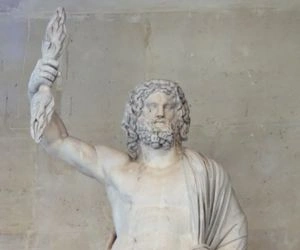
You believe that all of those statues from Greece and Rome were white? Think again! They were painted with vivid, striking hues at first. Over time, the paint wore off, leaving behind the white marble we see today. Some well-preserved statues still have traces of their original color!
5. Columbus “Discovered” America
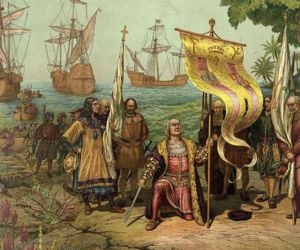
Think Columbus “discovered” America? Think again! Vikings, led by Leif Erikson, were chilling there way before him—like, 500 years earlier. Plus, Columbus mostly explored the Caribbean, not the U.S.
6. Thomas Edison and The light bulb
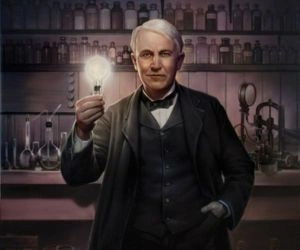
Edison was super smart, but he didn’t invent the light bulb. He just made it way better. There were other versions already, but he made them practical and affordable.
7. Jesus’ Birthday is December 25th
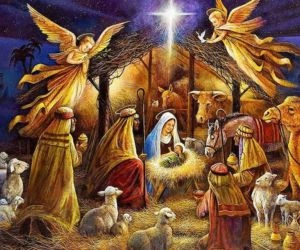
Probably not. Historians think Jesus was likely born in the spring or summer. December 25th was probably chosen to match up with some winter festivals that were already happening.
8. Newton and the Apple
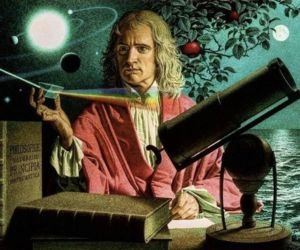
Everyone’s heard the story of the apple falling on Newton’s head, right? Probably didn’t happen. He did see an apple fall, and that got him thinking about gravity, but the head-bonking part is probably just a story.
9. The Spanish Flu Started in Spain

During World War I, Spain overreported the outbreak while other countries censored their reports to avoid panic. Instead of overreporting it, it seemed that Spain was the epicenter, even though the virus originated elsewhere.
10. James Cook Discovered Australia
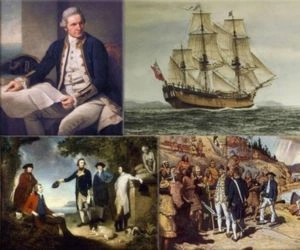
Cook’s famous for “discovering” Australia, but he wasn’t the first European there. Someone named Willem Janszoon beat him by a long shot. Cook mapped the eastern coast, which is why he’s so well known for his association with Australia.














Leave a comment